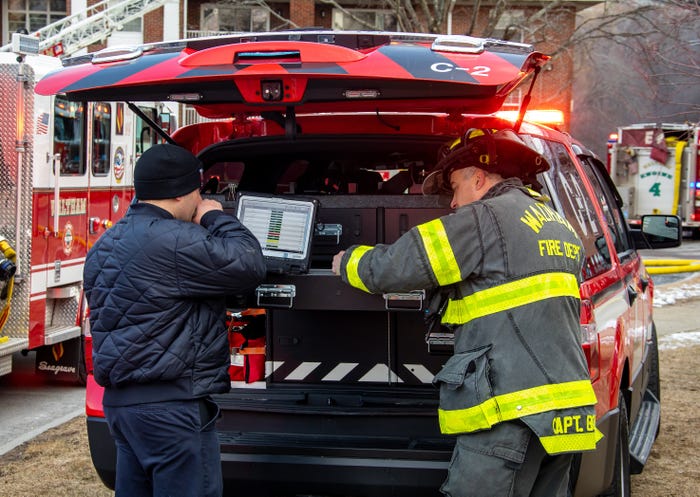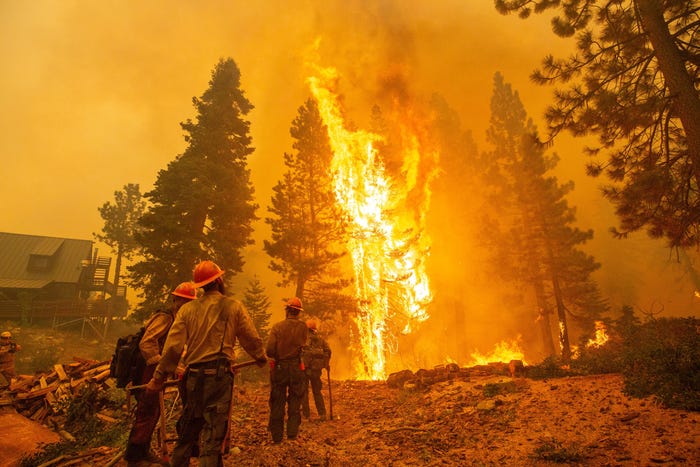Broadband
thumbnail
AI & Analytics
Why public safety is turning toward AI and 5GWhy public safety is turning toward AI and 5G
Moving forward, in 2025 and beyond, it is expected that public safety professionals will prioritize both reliability and data-driven, real-time insights.
Subscribe to receive Urgent Communications Newsletters
Catch up on the latest tech, media, and telecoms news from across the critical communications community




































